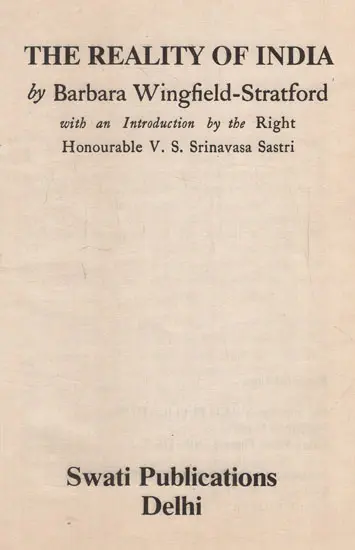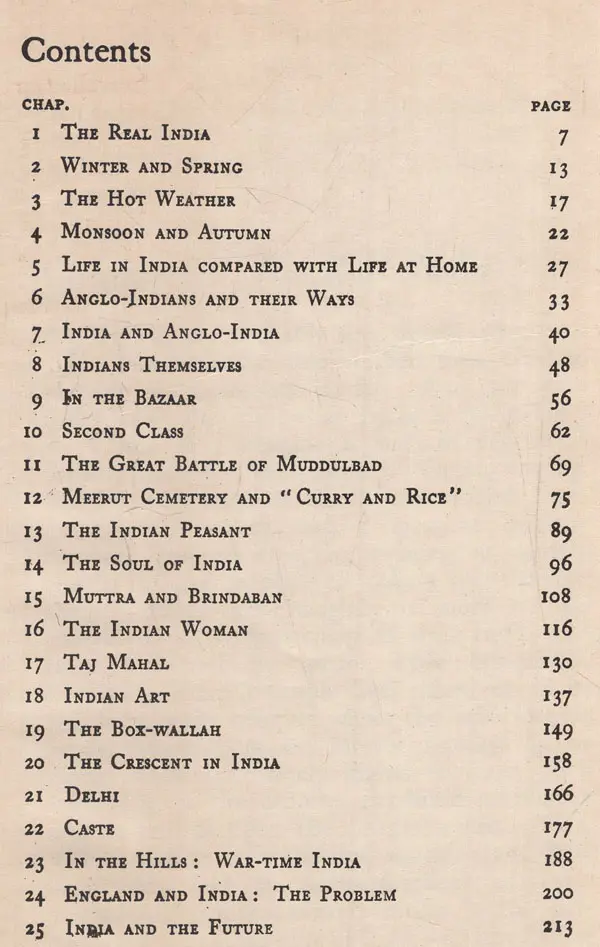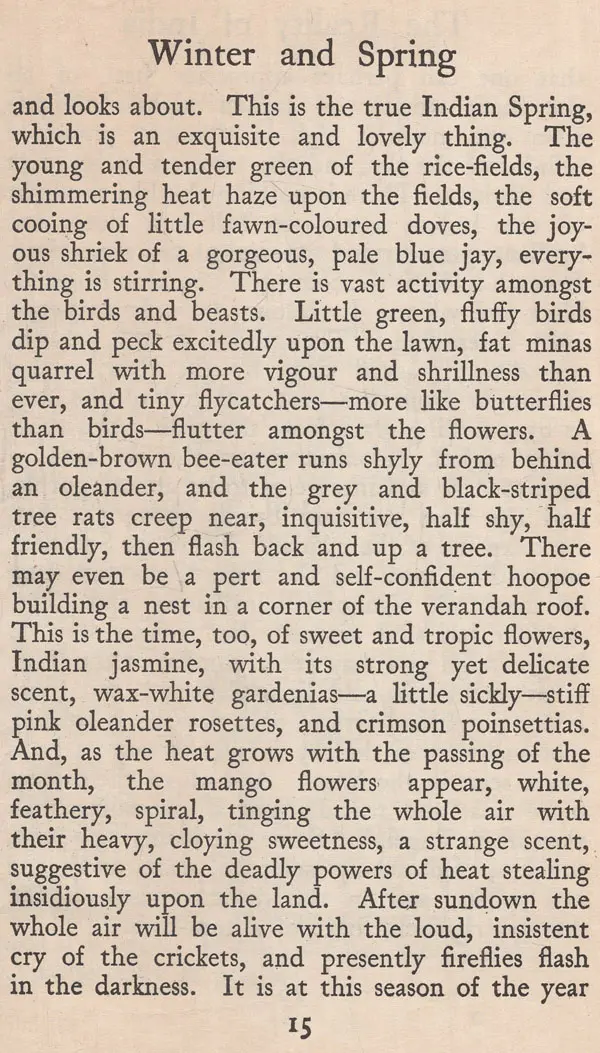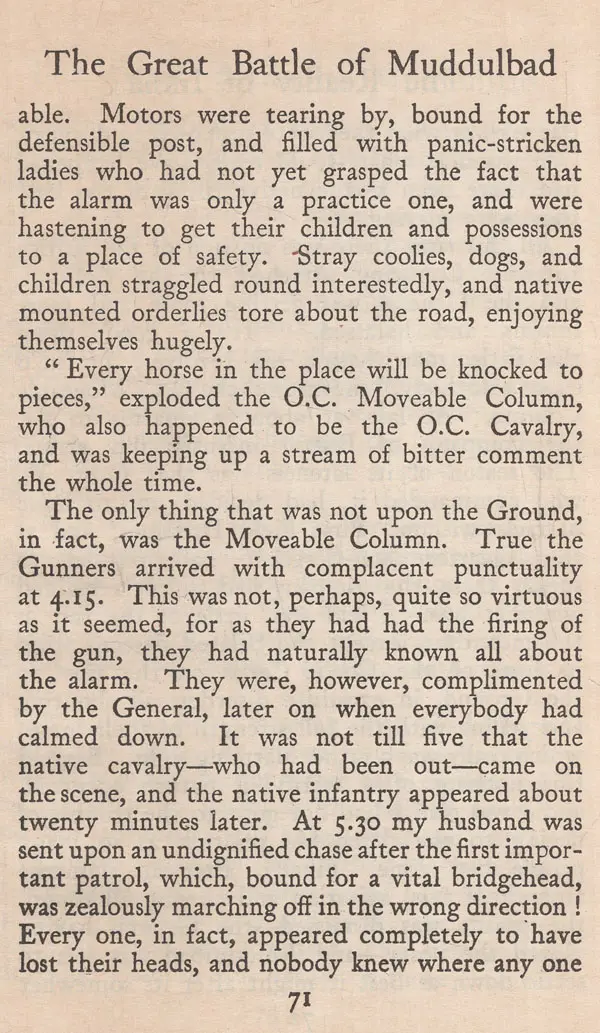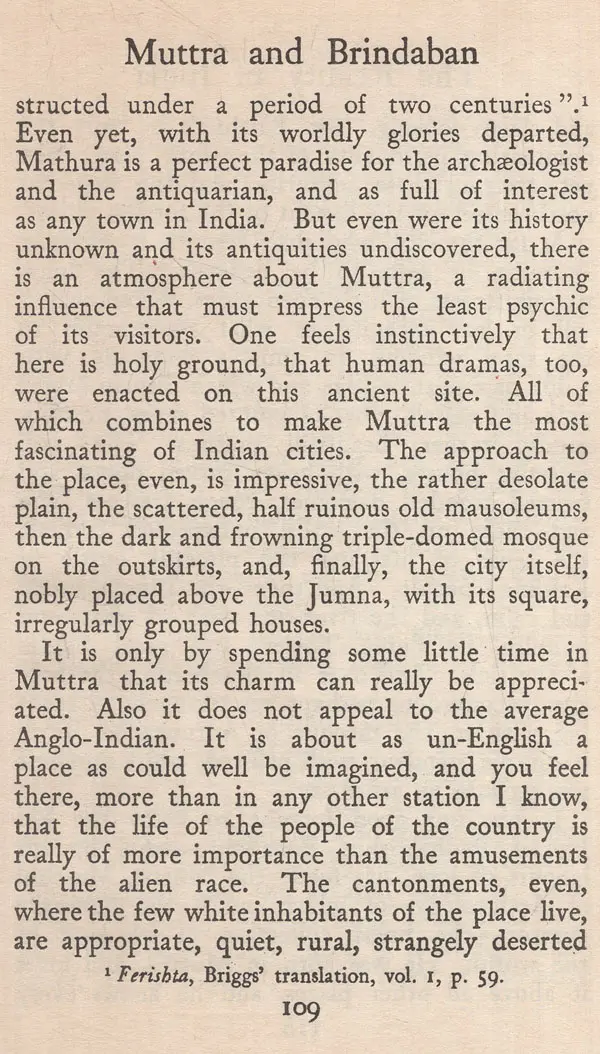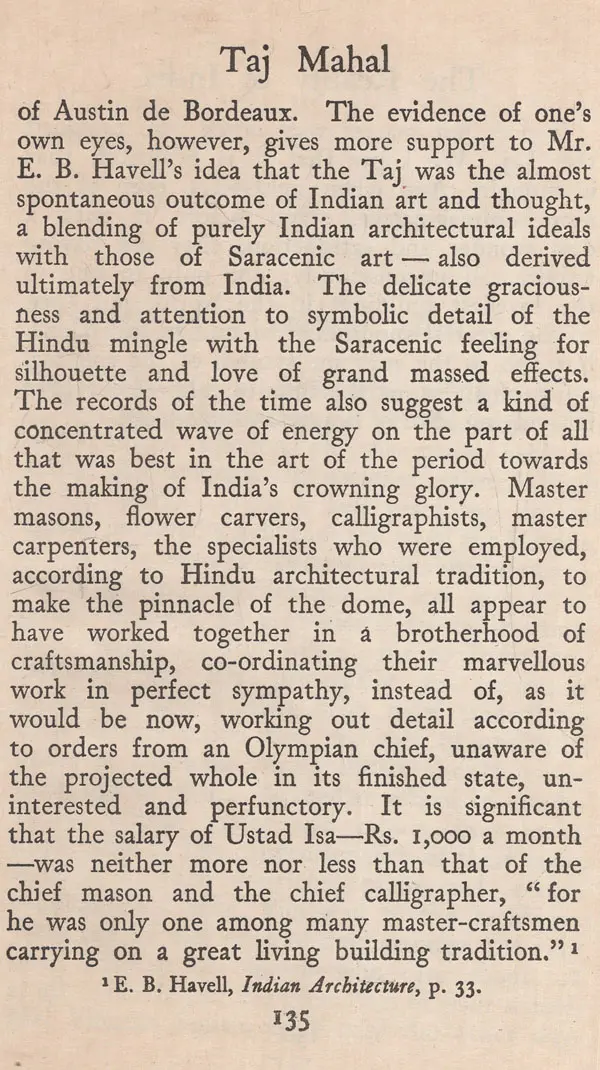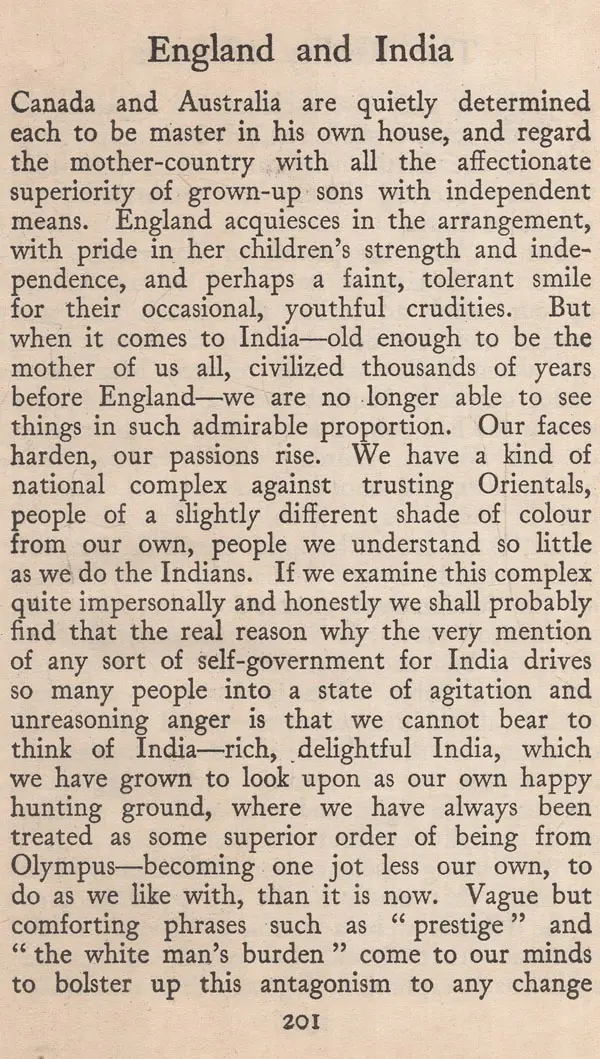
Reality of India (An Old & Rare Book)
Book Specification
| Item Code: | UAQ177 |
| Author: | Barbara Wingfield Stratford |
| Publisher: | Swati Publications, Delhi |
| Language: | English |
| Edition: | 1989 |
| Pages: | 230 |
| Cover: | HARDCOVER |
| Other Details | 8.60 X 5.60 inch |
| Weight | 350 gm |
Book Description
Barbara in her book presents as tutely the good and bad, faults and failings of the Indian people. She has, with great conviction expressed her disapprobation of several aspects of India, not as a conservative diehard but as one who is intensely interested in the improvement of the conditions of India. As the Rt. Hon. Srinivasa Sastry has rightly observed in his introduction, she "has no malicious delight of condemnation" She has praised the Indians where they deserved. In the twenty-five chapters of the book Barbara has set forth her observations on the customs, manners, art, music, cities and towns, caste, etc., besides her views on the Anglo-Indians and the relations of "England and India" in a clear manner.
In short when one reads this book he is transported mentally to the India of early twentieth century.
It is, alas! only too easy to be depressed by certain facts of to-day. How often has one heard a Britishers after a quarter of a century spent in India exclaim: "During all these years I have only realized more and more how little I know of Indians, and now I am convinced of the impossibility of a westerner ever knowing them." Stunning modesty, is it not? The omniscient globetrotter, the rash reformer of the world, the heedless champion of nationalities are alike silenced and bidden to go about their business. The man on the spot is to be apotheosized. Burke, Morley, Montagu-each has heard the cry of "hands off!" One shudders to con template what the history of the British Empire would have been if any one of them had been deterred by the warning. Their philanthropy however, was a passion, and a passion knows no obstacles.
The ignorance of which the Anglo-Indian sometimes makes a boast at the end of a lifetime spent in India is not the lack of knowledge, but the possession of wrong knowledge. He has observed all the points adverse to the Indian. He has been puzzled by the variations from his own type and standard, annoyed by the failure of his expectations, piqued by the clamorous demand of his environment to adjust himself. National success lasting over generations is not conducive to humility in the individual thrown among strangers; even genuine sympathy in such unpropitious conditions assumes the form of condescension or patronage and fails to evoke the response of friendship and attachment which makes human intercourse profitable as well as delightful. Blessed are they that have no sense of superiority, for in the measure that they give, and in fact more abundantly, they receive in return.
**Contents and Sample Pages**
